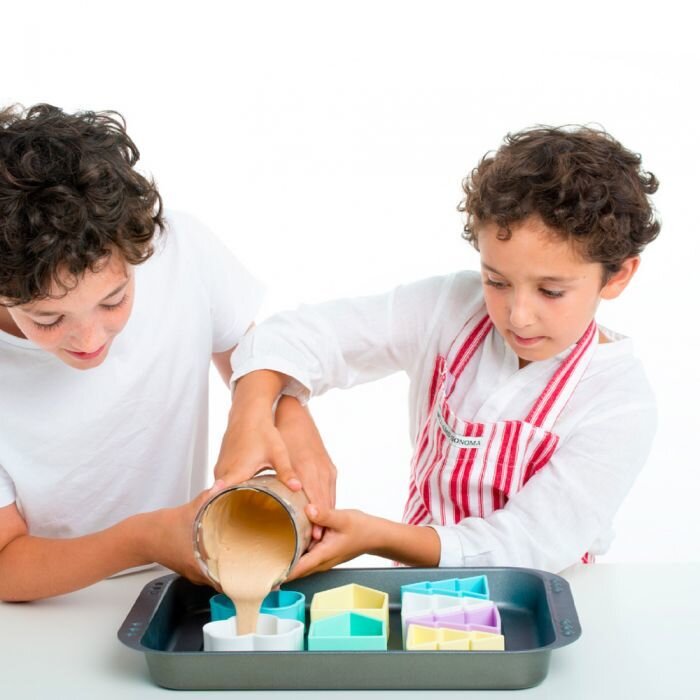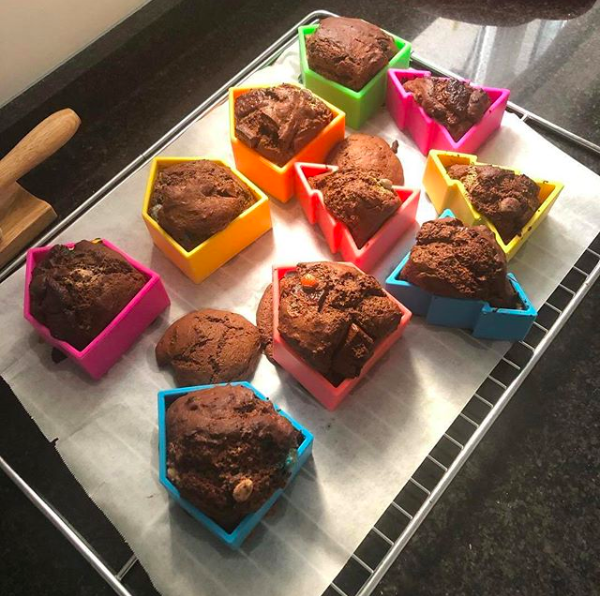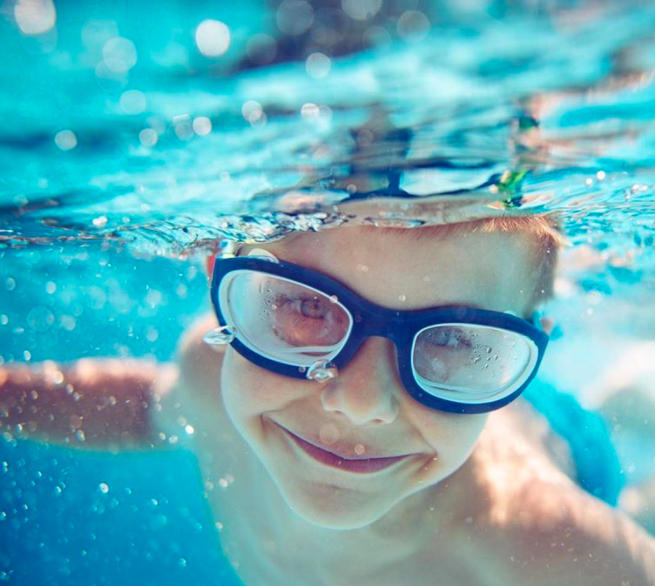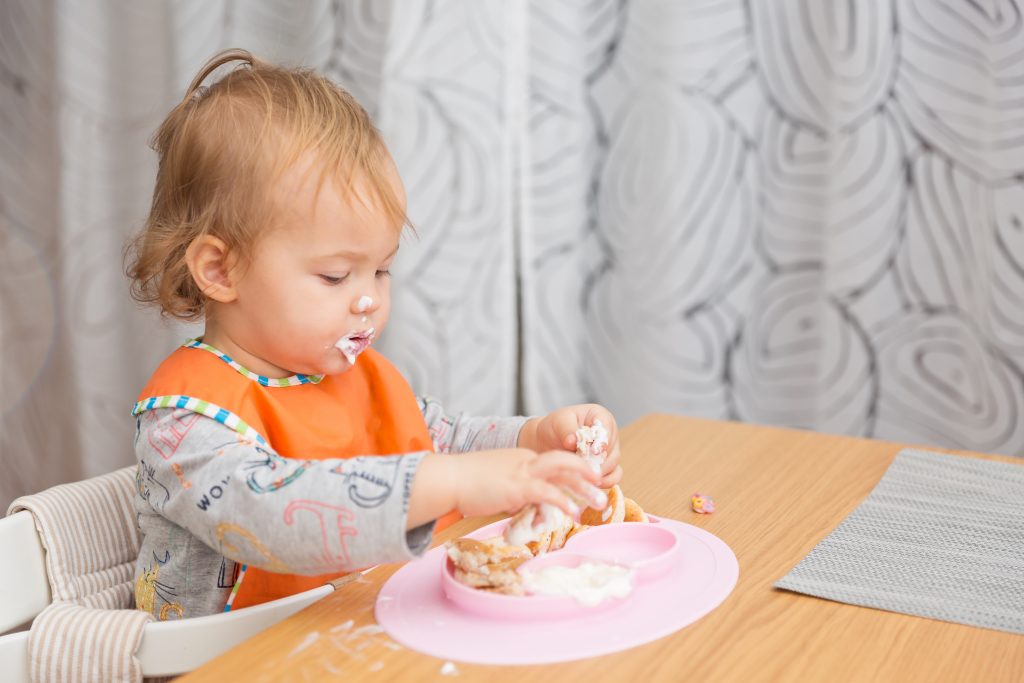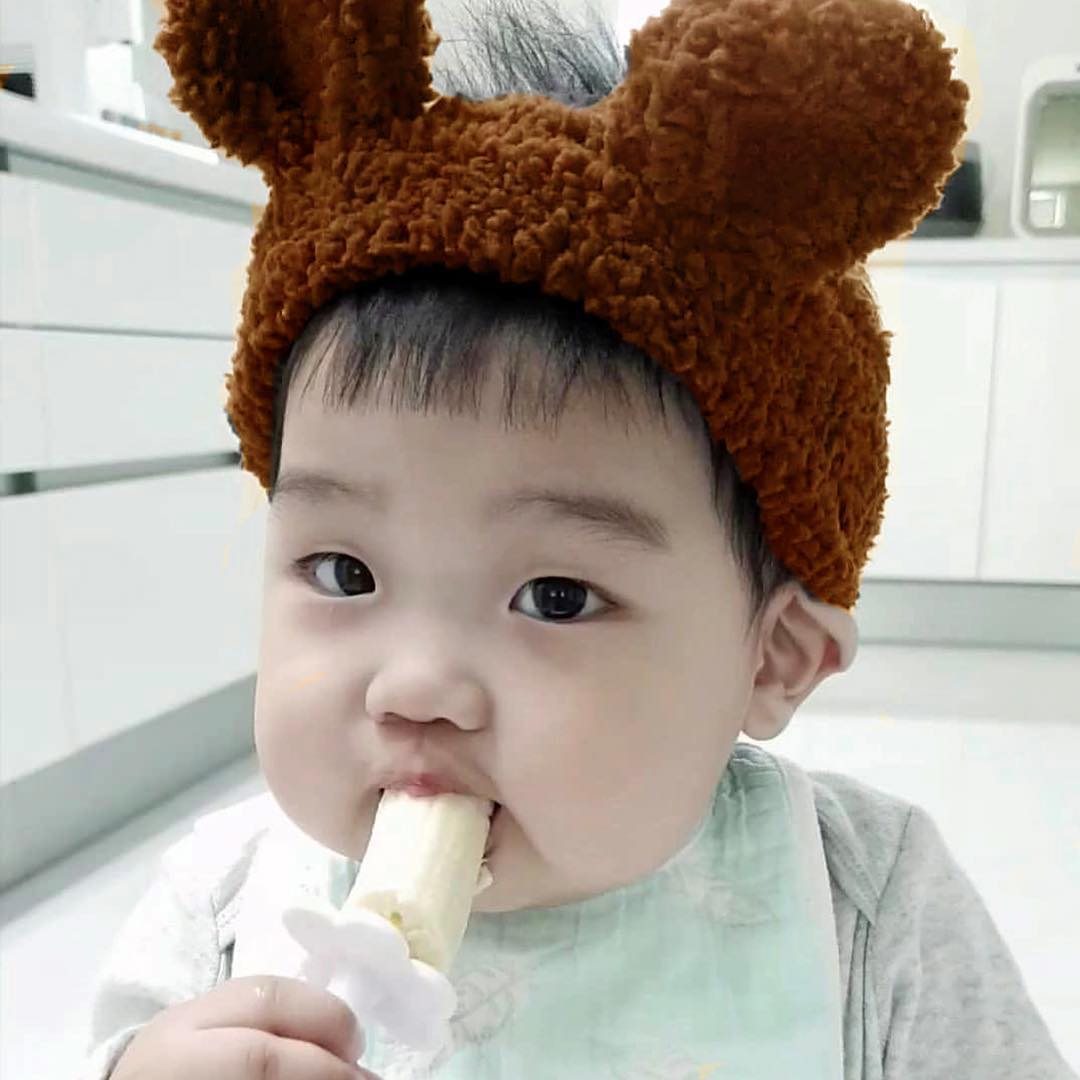10 Awesome experience gift to give after COVID-19 passed
/Who decided to give the kids special gift after COVID-19 passed? Yes, it's me! But who says that “giving" always has to mean toys? My husband and I decided to give experiences, such as museum memberships to sporting passes, can give your kids more than just another object for their playroom and the most important thing is we will get out from our house by that time. Not only can create memories, also can help build skills and provide fun for the entire family, it’s a win-win!
10 Awesome experience gift to give after COVID-19 passed
1. Gift card to restaurant for the family
If you already have children, whatever will be done surely the first thought is the comfort of the child. Including when choosing where to eat. Moment of eating out with family will be more exciting after COVID-19 has passed.
2. Trampoline jump passes
We all know trampolining is fun. But did you know there are also some serious health benefits you can gain from regular trampoline-based activities? As your kids bounce, more oxygen is carried around their bodies in the blood stream. This instantly increases their energy and oxygen levels and makes them feel more alert and happy!
3. Zoo membership
Memberships come with unlimited and express entry to zoo.
4. Trip to the bookstore to pick out new books
Reading with your child promotes brain development and imagination, teaches your child about language and emotions, and strengthens your relationship. You don’t always need to read books. Try looking at picture books, singing rhymes and songs, or telling stories from your culture.
Read more: How to choose cloth books for my little book lovers at home?
5. Local + national state park passes for a year
National parks have clear economic benefits for national and local economies, yet they also have important benefits for the environment within and outside of their borders. If you thought national parks were just a common place to visit for recreational activities, you might want to think again as parks are incredibly beneficial to the environment.
6. Plane ticket to visit someone special (grandma, aunt, etc.) for a family trip
One of the biggest benefit of family trip with kids is that you travel slower. You spend more time enjoying the beautiful scenery. With kids you can do all the crazy things.
7. Pass to an art museum
Most museums offer a feast for the senses and will encourage kids to compare and contrast the sights and sounds around them. Visiting a museum represents the perfect opportunity for children to ask questions about new subjects and to satisfy their innately curious minds. Museums offer historical lessons not taught in schools, museums also encourage creativity.
8. Cooking class for kids
Did you know that cooking with your kids boosts their development? As you cook, you are labeling ingredients which increases a child’s vocabulary. Mixing the ingredients, rolling the dough and using cookie cutters are all great ways to enhance a child’s fine motor strength and control. Cooking is a skill that is needed to be an independent adult, kids can learn early.
Read more: What can you play with Dena toys? You'll never think about it!
9. Season pass to attraction (Disneyland, Island of Adventure, etc.)
I think I don’t need to write too much about it. Who doesn’t want to have season pass to the happiest place on earth??
10. Swim lessons
Experts suggest that, compared to adults, children have a much easier time of learning to swim. Learning a swim stroke can help with gross motor skills and basic coordination. Swimming can help a child build all-around muscle strength in arms and legs. Most swim lessons take place in groups, and as they learn to swim, children are also learning social skills.
Welcoming you to be part of BabyLux family, planning to start own business by being baby products distributors but not sure where to start, drop us a message!




